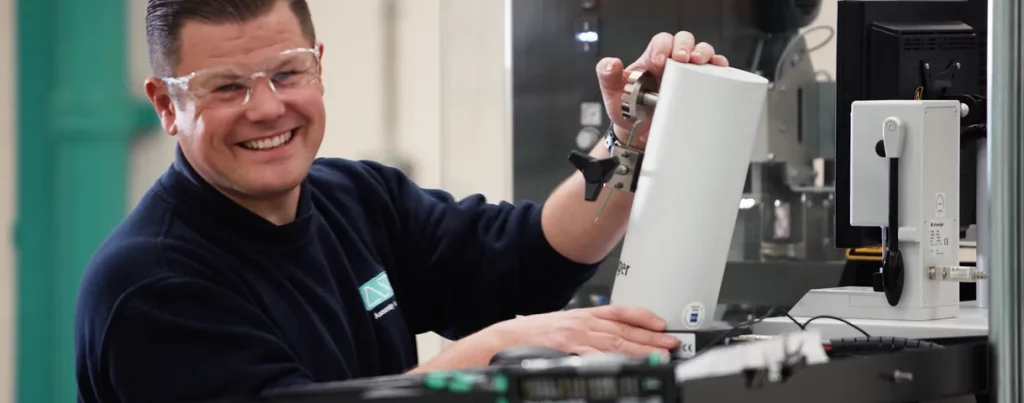Electrical Engineering vs Mechanical Engineering
At Assembly Solutions, we work with many different engineers and engineering companies because we supply a vast selection of electrical assemblies and wire harnesses for a variety of industries. We understand the difference between the different roles and industries and what each role consists of. There are certain aspects of each engineering role that can be difficult to differentiate from, however we’ve cleared a few unanswered questions so you can better understand the difference between electrical engineering vs mechanical engineering.
What’s the similarities between electrical and mechanical engineering?
There are several different common similarities between both types of engineering industries, as both require several disciplines that overlap in knowledge and experience. For example, one similarity that both roles share is the problem-solving skills required to be a successful electrical or mechanical engineer. Each position requires a certain level of skill in order to be a successful engineer. Both roles include large scale, industrial projects and also small, hands-on responsibilities.
Both electrical and mechanical engineers share primary responsibilities and often work simultaneously on the same projects. Each role assesses and works to improve existing infrastructure, products and processes. Safety and efficiency checks and testing is also vital within both of these roles and each factor greatly influences the other. This is why, typically, both electrical and mechanical engineers work closely together on large projects.
What is the difference between electrical and mechanical engineering?
When it comes to electrical engineering vs mechanical engineering, there are several huge differences between the two vocations.
The basic difference between mechanical and electrical engineering is that electrical engineers focus on power generation and maintenance of consistent power. Whereas mechanical engineers specialise on power applications and systems that require power. The two different roles include varying responsibilities that help to differentiate between electrical and mechanical engineering.
Mechanical engineers typically focus on designing material-handling systems such as pulleys, conveyor belts and automated transfer systems. They also have to ensure that safety and reliability for these systems are kept to a high standard and are required to investigate technical glitches within the instrumentation. Mechanical engineers also typically are required to oversee the manufacture of specialised devices and products to ensure that they are fit for purpose.
Electrical engineers however, evaluate energy systems and assess power usage and requirements for a certain location or business premises. Their expertise within electrical distribution systems and power management means that electrical engineers can make recommendations for better energy consumption solutions. Electrical engineers are also responsible for applying modifications to enhance technical and mechanical performance. Depending on the role and requirements, often times electrical engineers will need to design computer chips or electrical infrastructure set-ups based on specific requirements and applications.
Contact Assembly Solutions
Whether you work within the electrical or mechanical engineering sector, Assembly Solutions are a great choice for a variety of different custom cable assembly and electrical harnesses that are ideal for a huge selection of different applications and industries. Our expert team is always on hand to provide your project with the reliability and quality assurance it needs.
For a choice of electrical assemblies and wire harnesses for a variety of applications, contact Assembly Solutions for more information and a custom quote.
